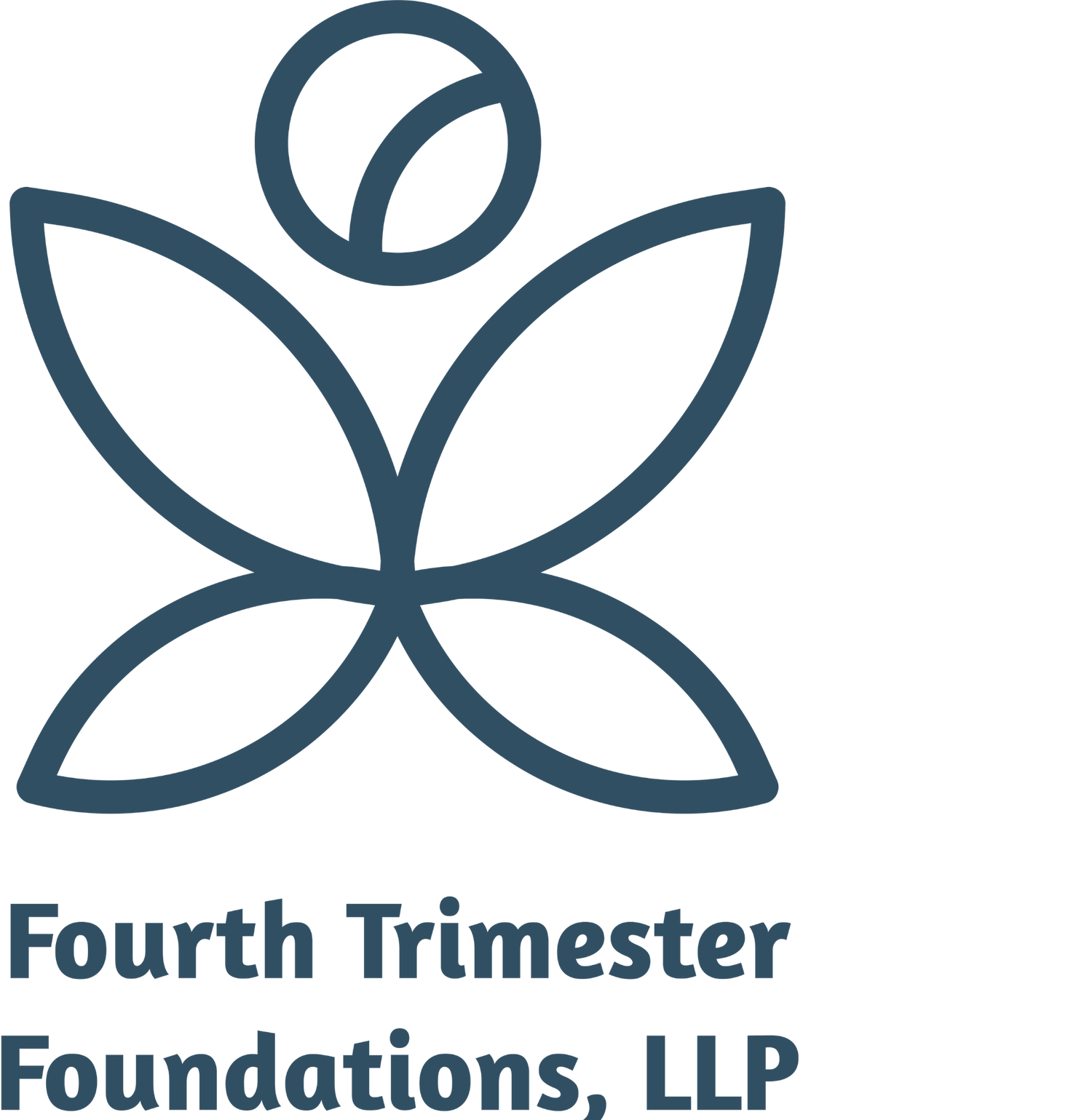What is fun about a fundus?
Fundal checks/assessments and fundal massages immediately after baby is born
and for a few days to a week or so postpartum: explained.
First, what the heck is a fundus?
Technically it is the top part of an organ, but for our purposes, this is the fundus of your uterus. Your uterus is a truly incredible organ that is baby's home for 10 months, then over the course of a few weeks, the muscles do the work to shrink from a watermelon size to a pear size.
At the end of pregnancy your fundus is right below your breastbone, encroaching on your lungs.
Minutes after baby is born, your fundus is right around your belly button.
Your uterus is a brilliant organ that knows what to do, most of the time. (And the times it doesn't, usually a reminder is all that is necessary to get back on track)
Now getting back to the fundal assessments vs. fundal massages.
Their names are misleading, the fundal assessment is the much more fun option of the bunch.
A fundal check/assessment is a gentle, soft press with a side-of-the-hand tilting in around your belly button. Typically lasting a few seconds while your provider/RN is also peeking between your legs to check for bleeding.
If a fundal check was a 2/10, a fundal massage is likely closer to an 8/10. The same hand motion occurs with more rubbing involved and with much more pressure. The duration could be 5-10 seconds to minutes.
Now here is where the conversation is about to occur- how do you or your team know which you need?
If your birth was relatively uncomplicated, your bleeding amount/consistency is considered normal. you don't feel symptoms of anemia and you have no history of bleeding disorders, complications and you are receiving pitocin after birth, the evidence shows that fundal check will probably be the only action necessary.
Peek the evidence here which shows that for moms receiving synthetic oxytocin (pitocin) immediately postpartum, having a fundal massage vs. a fundal check does not reduce the incidence of a postpartum hemorrhage.
Just because the evidence shows a fundal massage should only be done on an as-needed basis, that does not mean your nurses and providers will follow. Maybe it's fear, knowledge-gap, inadequate continuing education or just being stuck in old ways. Whatever the basis of performing routine fundal massages, we want to tell you it may not be necessary and you can speak up.
Fundal massages hurt, they are often performed without proper informed consent and can seriously interrupt bonding with baby. Fundal checks are just as comprehensive for your care team in ensuring you are continuing recover in a safe way.
We don't want you to feel like you need to play defense postpartum, but we do want to give you some scripts of what to say if a fundal massage is being discussed or performed and it's making your uncomfortable:
"Can we please wait until I am done ___ for you to check me?"
"Am I bleeding heavily or having clots?"
"Are you concerned about my bleeding or my uterus?
"Were you planning on lightly touching the top to check or doing a massage?"
"Would you mind sitting down briefly so we can discuss what you'd like to check before you get started?"
What else would you add to the list?
Now we know we kind of flew through this. We want every mom to feel prepared for what they are entering into, so we are glad we caught you!
We dive way deeper into the talk on your fundus and your postpartum recovery in our mega course, Taking Back Your Fourth Trimester.
If you are looking for a more individualized chat, we will catch you in the zoom room for a 1:1 call during pregnancy or postpartum.
Your postpartum & newborn nurse besties of Fourth Trimester Foundations here to support you during your pregnancy, birth and postpartum.
How we can support you:
Postpartum focused support in your inbox from our newsletter
1:1 Virtual RN calls where you can talk anything you or baby or both!
Taking Back Your Fourth Trimester Workshop on preparing for postpartum during your pregnancy in a self-paced format.
Bare Minimum Baby virtual self-paced workshop and basics you need for baby, so you can prioritize your prep.



